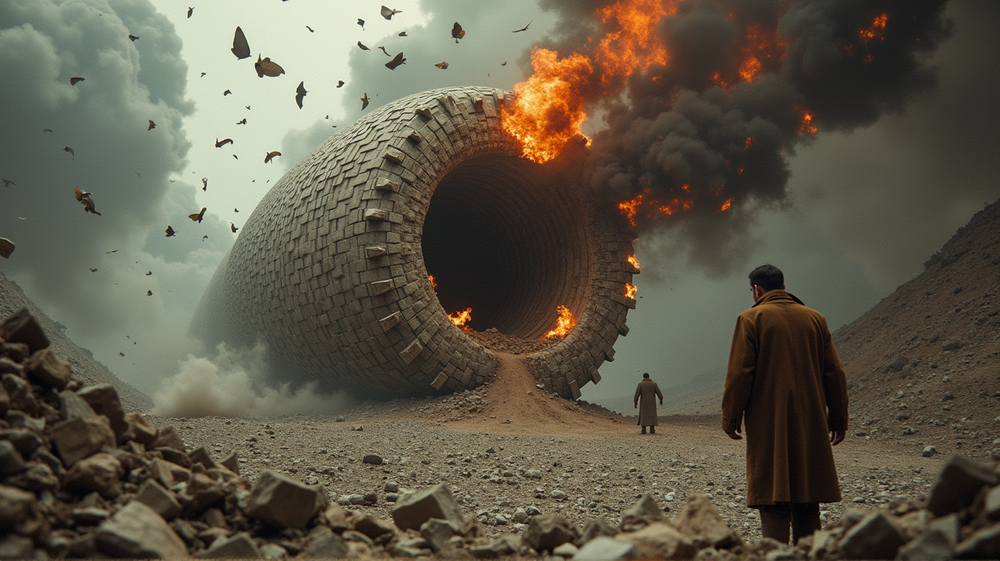Iran’s economic landscape has turned into a battlefield rife with chronic crises. Despite official reports stating inflation at 45.3%, the reality within Iran paints a grimmer picture—one marked by escalating food prices and shrinking family budgets.
Political Decisions Over Economic Stability
Masoud Roghani Zanjani, formerly at the helm of the Planning and Budget Organization, has pointedly remarked that the roots of Iran’s economic disaster lie not in external pressures but in the regime’s prioritization of politics over sound economic strategies. Decades of regional expansionism and internal repression have taken precedence over citizen welfare. According to National Council of Resistance of Iran - NCRI, this is a fundamental flaw of the regime.
Inflation and Mismanagement: A Self-Created Catastrophe
The rampant inflation afflicting Iran stems from governmental mismanagement, characterized by unchecked borrowing and poor fiscal policies. Despite past administrations’ similar tendencies, the current regime’s continual printing of money exacerbates the situation, rendering superficial solutions like food coupons ineffective against the mounting costs of living essentials.
Endemic Corruption and Institutional Inefficiency
Tangled within this crisis is the unchecked proliferation of unnecessary institutions, breeding grounds for inefficiency and corruption. The financial sector suffers, as state banks face liquidity drains owing to forced bond sales. Thus, public trust erodes, evidenced by the soaring gold prices and ineffective “anti-corruption” campaigns that have failed throughout the regime’s history.
The Misleading Narrative of Sanctions
While sanctions are often blamed, they are a consequence rather than a cause. The regime’s belligerent foreign policies, defiance of international agreements, and support for proxy wars have isolated Iran globally, inviting these sanctions as a reaction to political misconduct rather than as root causes of the current economic plight.
The Fall of the Rial and Crumbling Trust
Iran’s currency, the Rial, has plummeted to unprecedented lows, signifying the erosion of public confidence. The scramble to acquire gold and foreign currencies highlights the nation’s fear of further economic collapse—an anxiety mirrored in the widespread social and psychological unrest manifesting as increasing poverty and unemployment.
An Unyielding Regime Bent on Ideological Priorities
Despite the available economic tools, Iran’s regime remains unwilling to shift focus from its repressive and ideologically extreme governance that furthers regional influence rather than domestic economic stability. Until a genuine shift happens—prioritizing the people’s welfare over the regime’s oligarchic hold—Iran will inevitably spiral further into crisis.












